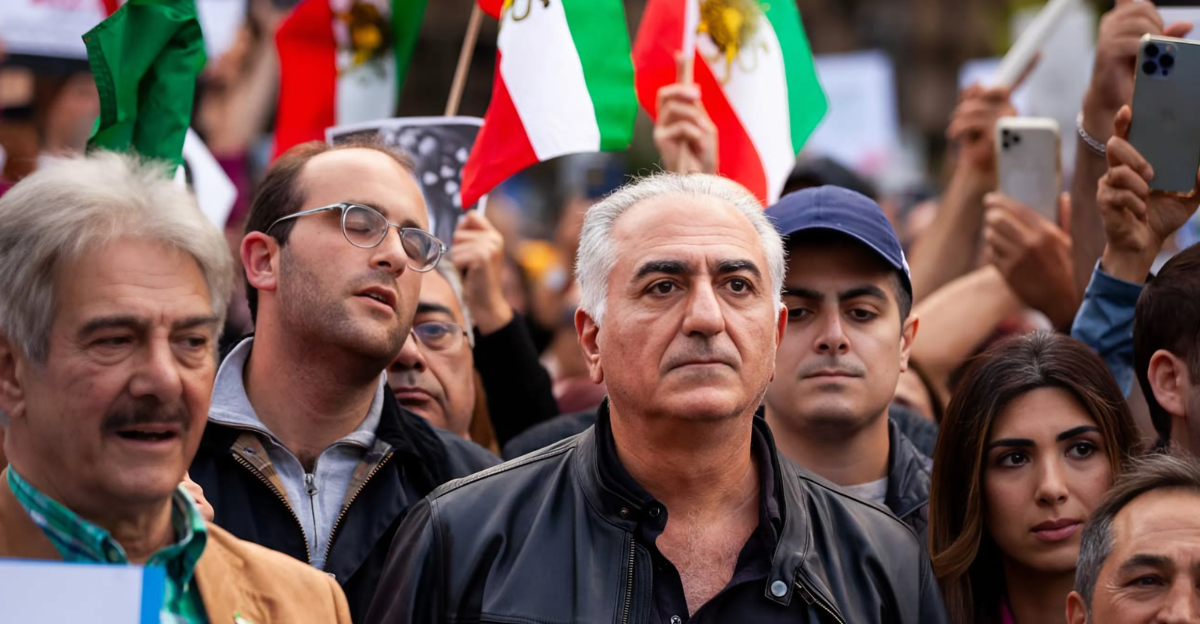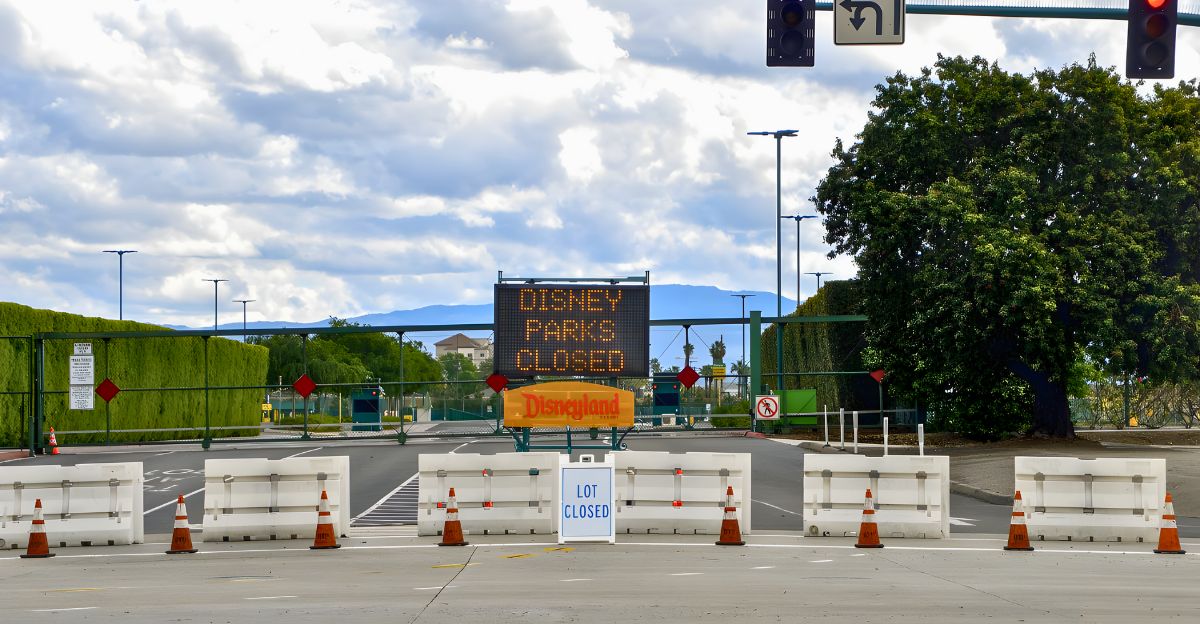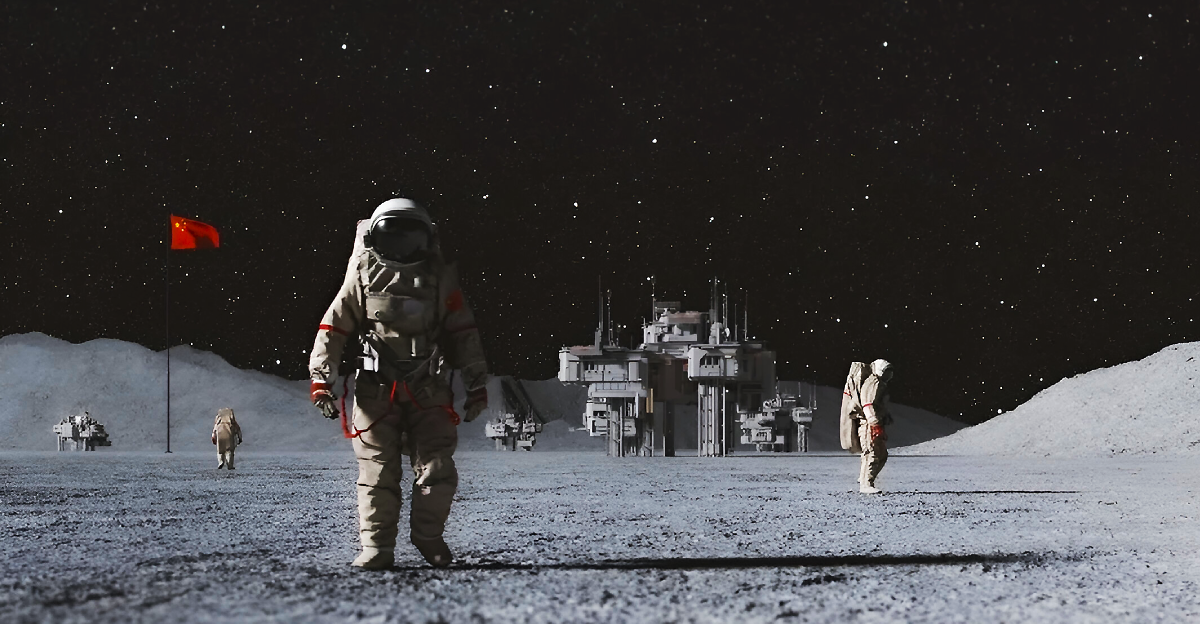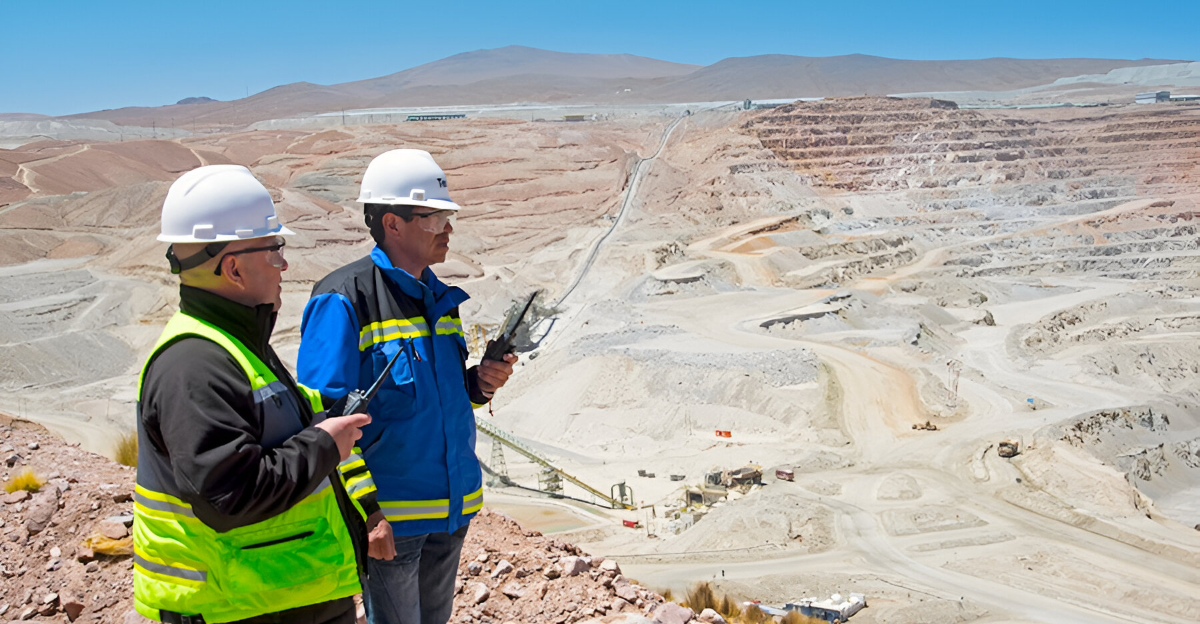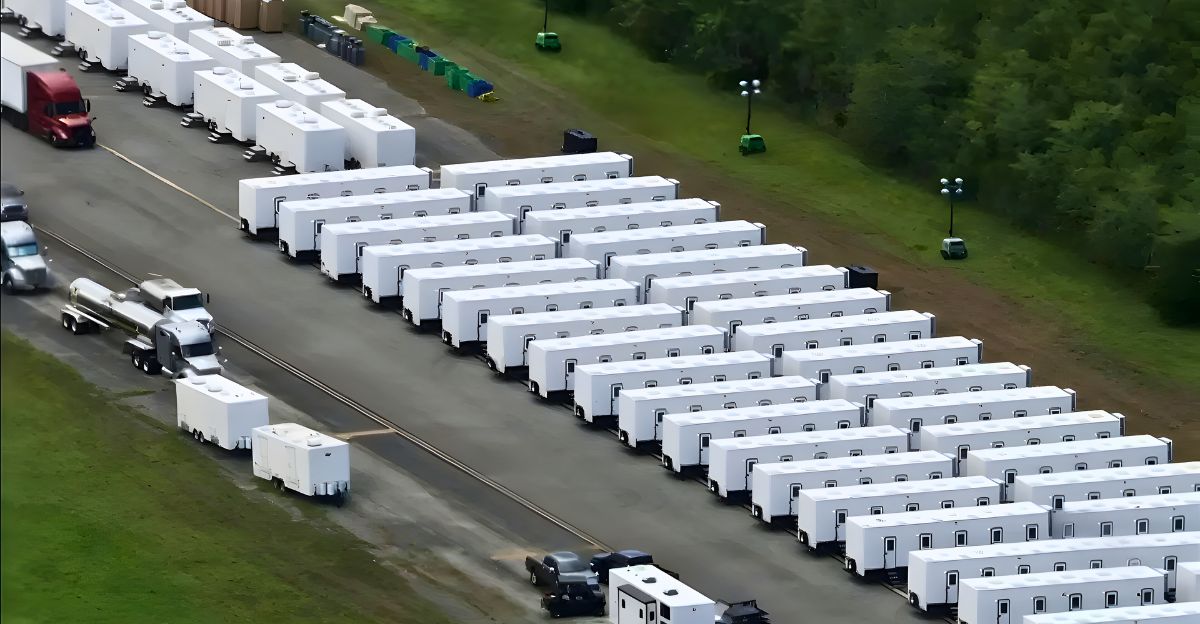
“Alligator Alcatraz,” a new migrant detention facility in the Everglades, has sparked a widespread alarm throughout the state and nationally. This detention center is going to be built on an old, rarely used airstrip, and it is said to be three times the size of Guantanamo Bay, covering 30 square miles!
Officials feel that this is the perfect location for a detention center as it is remote and also surrounded by alligators. This decision caused many mixed feelings, arguments about the environment, how this would impact the local economy, and, of course, political disagreements.
Why Florida Decided on Building This Now

James Uthmeier said: “This is the one-stop shop for implementing President Trump’s mass deportation plan.” He has also made known that they will need thousands of new beds because ICE is increasing arrests. They decided on this location because the Everglades are isolated, cheaper to use, and save a lot of time to set up tents and trailers. The federal government has already approved the location and finances of this detention center.
The Everglades Enter a New Chapter of Detention
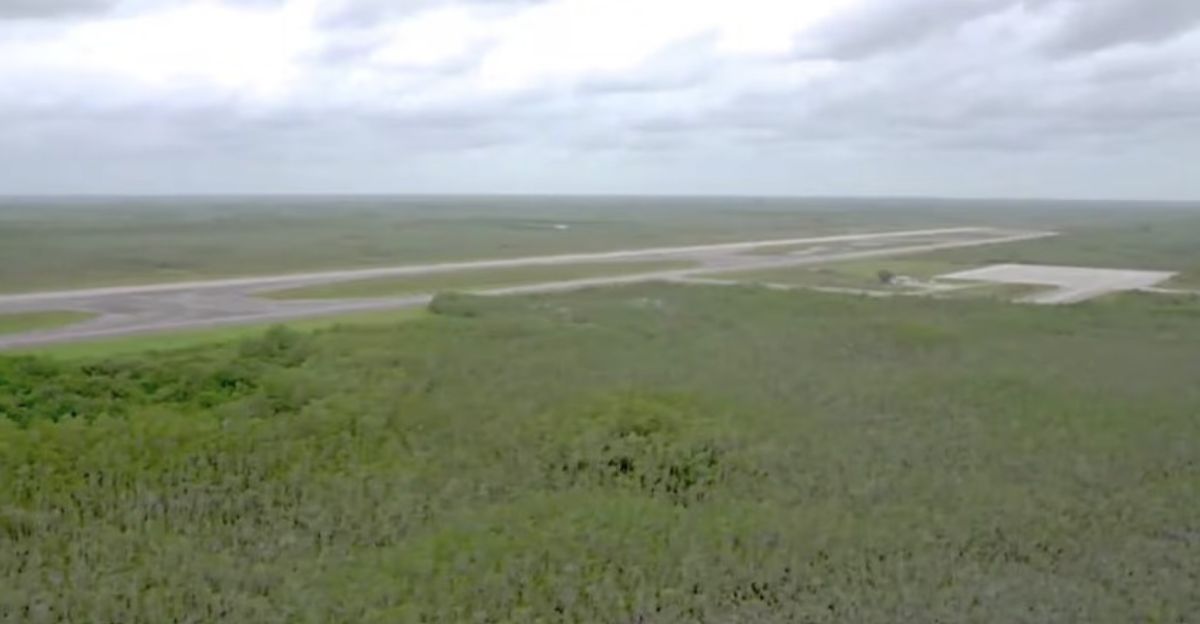
The famous Guantanamo Bay prison was established in 2002 by President George W. Bush during the “War on Terror” to detain terrorist suspects and “illegal enemy combatants” that can hold 680 prisoners. The new Alligator Alcatraz will have roughly 1,000 beds, significantly larger than Guantanamo Bay. Even though this means the government will be able to detain more migrants than they have before, it is still being built in a fragile natural environment. Many questions have been raised about the impact these immigration policies will have on nature. There are now national debates on how they will be able to protect the serene environment as well as the people.
Sacred Lands and Endangered Species at Risk

Some serious concerns arose from Native American leaders and environmental groups regarding this new project. The location of this detention center is in the Big Cypress Swamp, which is considered sacred land by the local Native tribes because it is a rare natural area and home to some endangered animals and plants. While the facility is called “temporary,” it still raises concern for people against it because, at the time of operation, it will still produce sewage, use a lot of water, and cause light pollution. DeSantis claims the project will not impact the environment, but many scientists and conservation experts strongly disagree. The effects that this could have on the habitat could be long-lasting.
Local Businesses Suffer as ICE Actions Ripple Through Economy
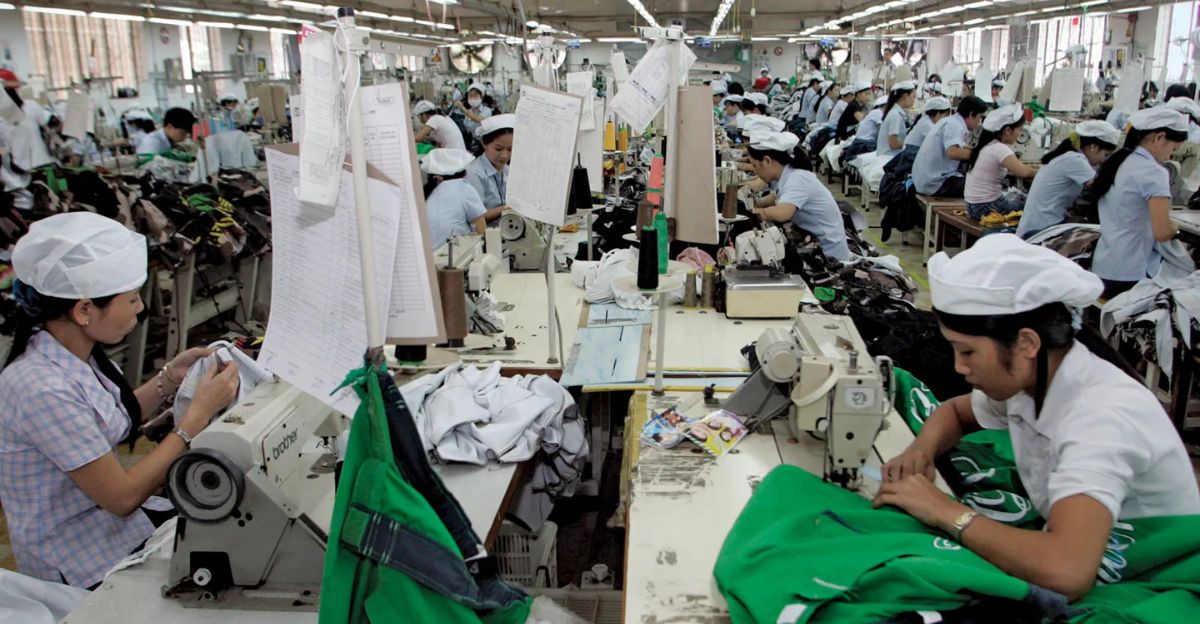
The change this center brings affects the environment and has a massive effect on Florida’s economic increase. Many local businesses—hotels, cleaning companies, factories, and nursing homes—depend heavily on immigrant workers. A lot of immigrants are too afraid of going to work, with the thought of being arrested hanging on their shoulders. Their spending in local stores and restaurants has decreased because of this uncertainty. Not only are the local businesses suffering financially, but the tax amount collected by the government is also dropping. This makes it much more difficult for communities to keep their economy healthy.
The Fight Over Florida’s Detention Facility Escalates
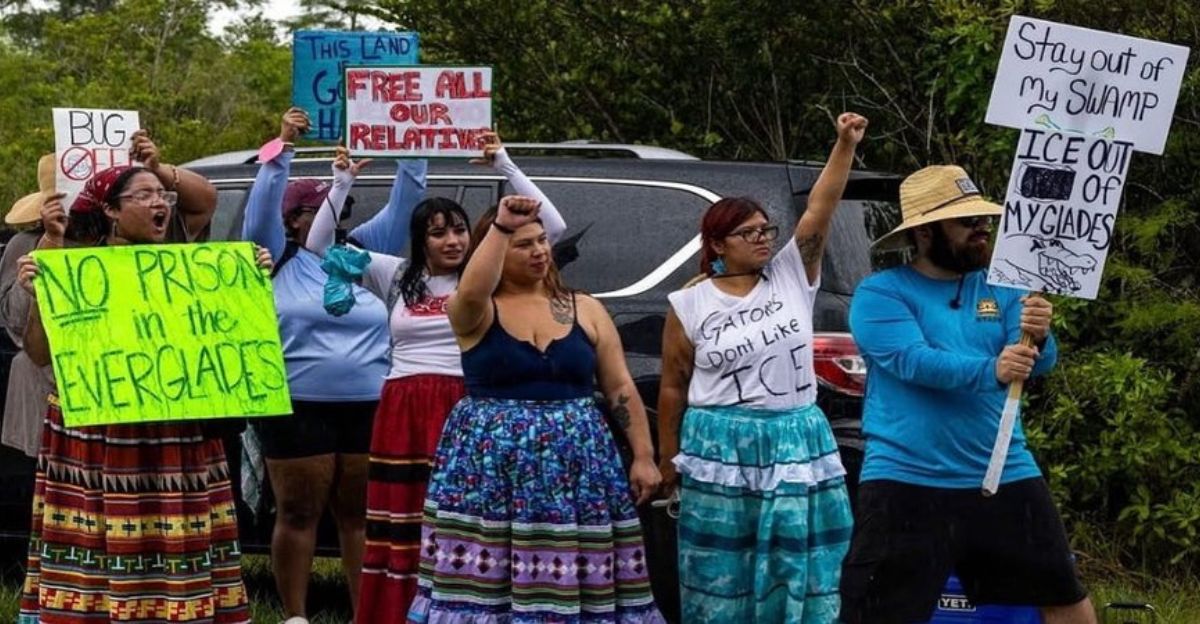
A lot of political arguments have started because of this new project. Many groups, including human rights activists, environmentalists, and local community leaders, are coming together to oppose the project. There are claims made that the state did not follow critical environmental rules and did not listen to the people who live nearby. Because of this, more lawsuits and protests are happening. However, state officials stand their ground, saying the facility is necessary and legal. This leaves a considerable divide between federal, state, and local governments. This is a very complicated and vital issue across the country.
The Cost of ‘Alligator Alcatraz’: FEMA is Caught in the Middle
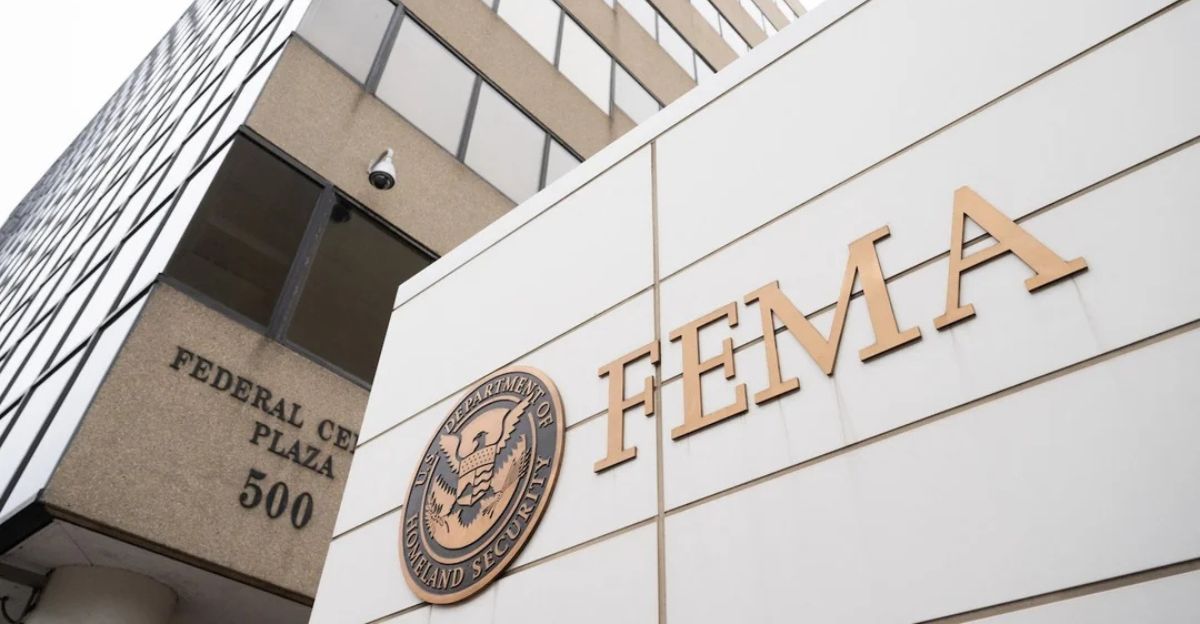
The Alligator Alcatraz is not a cheap project and is estimated to reach costs of up to $450 million every year! And being this expensive, Florida is asking the Federal Emergency Management Agency (FEMA) to help with the financial costs. FEMA usually helps with disaster relief like hurricanes and floods so this raises the question: Should FEMA be spending money on immigration detention centers? It also makes people wonder whether it will remove the resources used during natural disasters and other emergencies to help people. This leaves everyone with a complicated debate about priorities and how they feel government money should be used.
Florida’s ‘Natural Security’ Plan Raises Ethical Debate

It is no secret that Florida officials are planning to use the alligators and pythons that live in the Everglades as a “natural security system” for the detention center. “If individuals manage to escape, the only things awaiting them are alligators and pythons,” said Florida Attorney General James Uthmeier. This makes them believe they can save money on fences and guards. Critics are not too eager on this approach and say it raises some ethical questions. The following people had some thoughts on this matter: Human rights advocate Sarah Howard said: “Using dangerous animals as a security measure crosses a line. It’s inhumane and puts lives at risk.”. Environmental scientist Dr. Maria Lopez said: “Relying on predators like alligators to guard a detention center is reckless. It endangers both the animals and the people.” and Native American leader Chief Thomas Miccosukee expressed: “Our sacred lands should never be used as prisons guarded by nature’s predators. This is disrespectful to both our culture and the environment.”
The Impact on Migrant Rights and Families

Because this location is so remote it would make it a lot more difficult for the detainees to get into contact with their families. It affects that and raises the concern whether they will be able to get help from attorneys or see doctors if need be. It makes one wonder how fair their legal processes are going to be. Civil rights leader Jamal Thompson says: “Access to justice means more than just a court date. It means being able to meet with your lawyer, get medical care, and have your family nearby. This facility makes all of that much harder.” the State official spokesperson expressed: “We are committed to ensuring that all detainees receive fair legal proceedings and necessary medical attention.”
The Future of the Everglades

What began as a state response to federal immigration rules is now causing many effects across Florida and beyond! From harm to the environment and problems for local businesses to political fights and attention from around the world, the impact of Alligator Alcatraz will influence discussions about detention, nature, and human rights for a long time. As the first tents go up in the Everglades, people across the country are watching closely to see if this new plan will work—or if it will lead to bigger questions about how the U.S. handles security, fairness, and protecting the environment.


